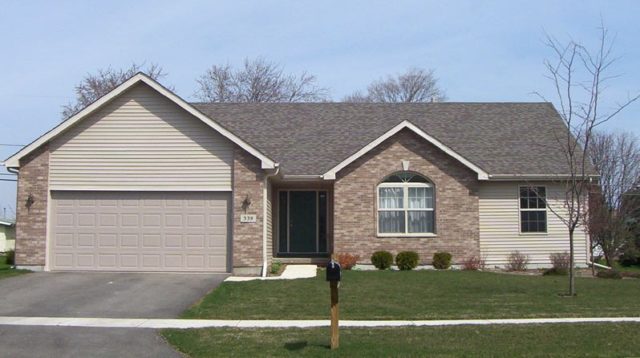
Real estate investing in general, and single-family real estate investing in particular, is very different from buying stocks, commodities or most other investments. Real estate is a leveraged investment that has the potential for delivering excellent returns because the cash down payment is a fraction of the retail value, yet it is also a hands-on venture where you make more decisions that affect your returns.
On the other hand, stocks and other investments increase or decrease in value solely based on market conditions, and the only decision you make that affects your returns is when to buy or sell. While tax law treats real estate as a passive investment, it is really more of a business venture. Both short and long-term returns on your real estate assets are directly affected by your knowledge and the choices you make.
Consequently, it is critical that you approach single-family real estate investments with a clear understanding of what it takes to be successful. You must evaluate your purchase options and make a selection based on criteria that have proven through the years to increase the odds of success.
Key Considerations As You Plan Your Purchase
When considering your first (or next) single-family real estate investment, keep these seven pointers in mind:
1. Don’t let emotion cloud your decision making.
If most or all of your real estate experience to date has been buying and selling your personal residences, keep in mind that you were purchasing for a different purpose with a different set of criteria in those instances. Buying a home for yourself and your family is an inherently emotional endeavor. You “love” the large kitchen, your spouse is “wild about” the main floor master bedroom, the kids are “so excited” about the pool.
With investment real estate, it’s all about the numbers. If the combination of the purchase price, estimated renovation costs, expected rental income and market conditions support a purchase decision, you can feel comfortable moving forward.
2. Buy based on current returns, not future appreciation.
Will the property have a positive cash flow the day the renters move in? That’s the evaluation criteria you must use. Trusting that area rents and home values will increase over time and that that is where you’ll get your return is a recipe for disappointment, if not disaster. Optimism is an excellent personality trait, but in single-family real estate investment, it can lead to big losses. The best deals make money from day one, and long-term appreciation is a bonus.
3. Budget realistically.
As a property owner and landlord, there are expenses you will incur in order to maintain the value of your asset, so you must plan accordingly. The most obvious of these expenses is the upkeep on the property. However, there are other costs you should budget for. One that is often overlooked is vacancy expense.
In a perfect world, your property would be rented continuously with no gaps. However, the reality is that you may lose a tenant on short notice and have to pay the mortgage for a month or two before a new tenant has moved in. If you have not budgeted for vacancy expense, this interruption in your cash flow can come as an unwelcome surprise and a hit to your financial planning.







Leave a Reply